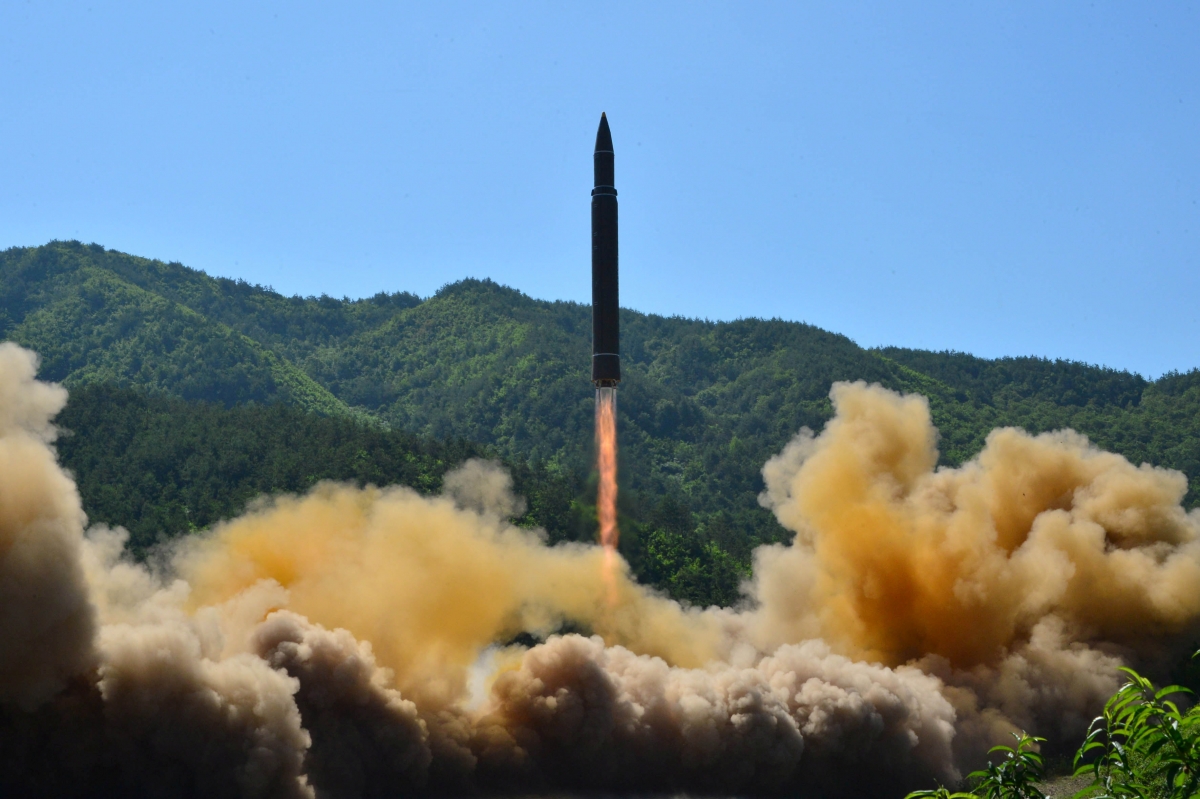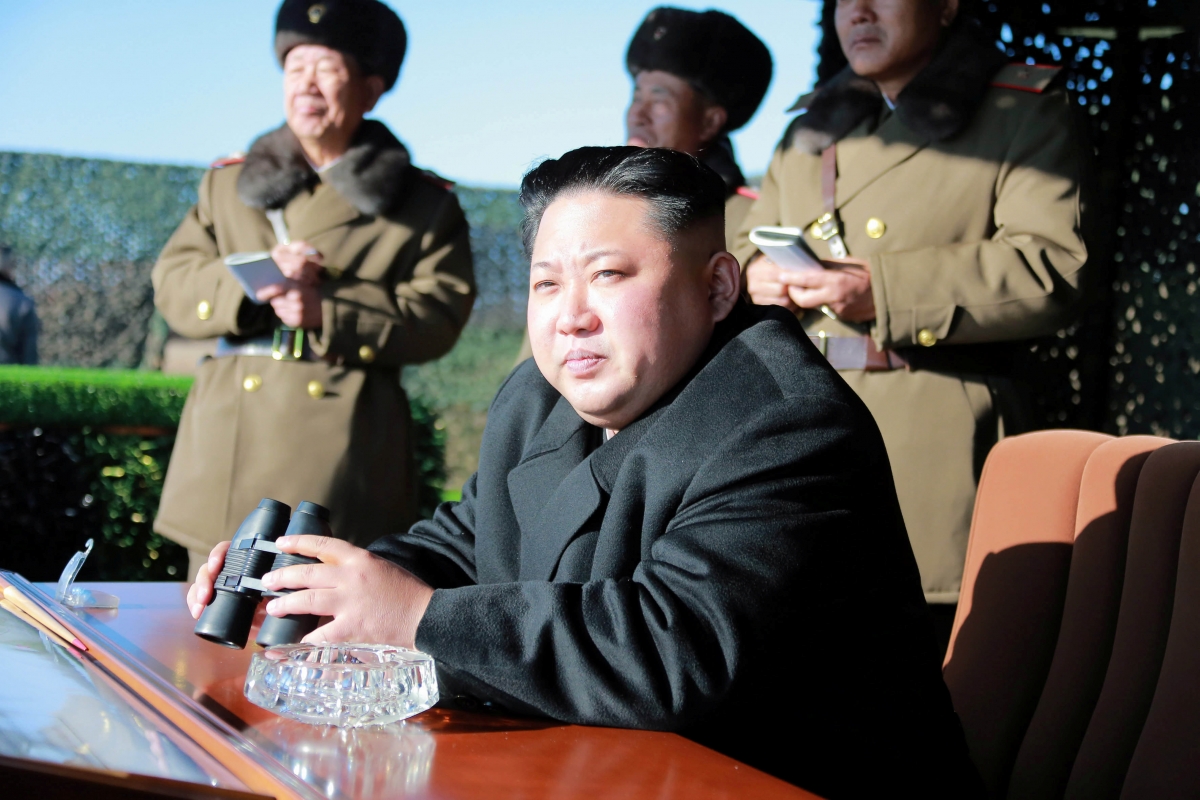
A 48-year-old Chinese accountant, who manages various companies, recently imported $700 million worth coal from North Korea. The US officials said Chi Yupeng, in return, sent cell phones, sugar, luxury items and components of nuclear devices and missiles to North Korea.
Based on the tip-off by three confidential informants and two unnamed defectors, the US filed a lawsuit on Tuesday that seeks the forfeiture of $4 million from Chi Yupeng's companies apart from the $100 million in other penalties.
The details of Chi's business network, mentioned in the US lawsuit, sought the return of funds that flowed through US banks.
This case suggests how easily the Chinese entrepreneur evaded the trade restrictions and explains how North Korea's development has relied on coal exports to China in exchange for fearsome arsenal.
Dandong Zhicheng Metallic Material, one of Chi's companies, had proved to be the largest importer of North Korean coal as it bought coal worth $ 234 million in 2016, a global trade data analytics company – Panjiva revealed, according to a Chicago Tribune report.
The transactions have continued until June this year. C4ADS, a non-profit organisation that tracks illicit networks was watching Chi Yupeng's companies for the past one year.
A senior analyst David Thompson said the company represented almost 10 percent of Chinese imports from North Korea thus defining the scale of their operation.
The major concern here is that North Korea is getting access to international financial system due to such sound trade relations with China.
North Korean military controls coal negotiations
One of the defectors reportedly updated the US attorneys about "Office 39" that manages money for Kim Jong Un. According to him, North Korean military had complete control on coal production and export. And Kim usually put to use 95 percent of foreign currency earned from the coal trade into various military and weapons program.

The defector further explained that the trade relies on a bunch of trusted individuals who have provided the desired services to North Korean government and Chi Yupeng had been one of those.
The Lawsuit
According to the lawsuit, Chi Yupeng used a barter system to avoid getting caught. He used to send goods - from sugar to weapon components in return for coal. The other method involved allowing Chi's network to use US banks to conduct business with North Korea.
The banks although blocked transactions involving sanctioned businesses often skipped the transactions done by related companies as they used a different name.
The US attorney said in a statement that the front companies were supporting the sanctioned North Korean entities, including North Korean military and weapons program, according to the Chicago times report.
- Doklam standoff: Is China really comfortable with Nepal PM's India visit after fuss over Shinzo Abe's trip?
- Micromax Canvas Infinity first impressions: Makes all budget smartphones look inferior
- Sikkim Stand-off: Abe's India visit to send a strong message to China?
- China building world's fastest supercomputer to rule the oceans
- After phone-makers, Alibaba's UC Browser comes under govt scanner over data leakage














